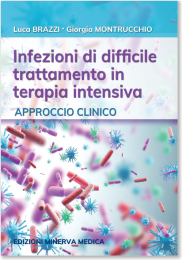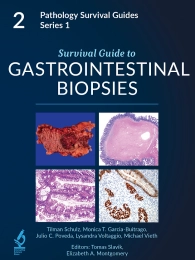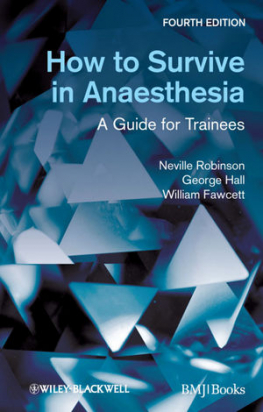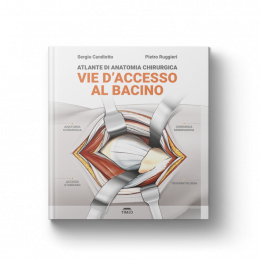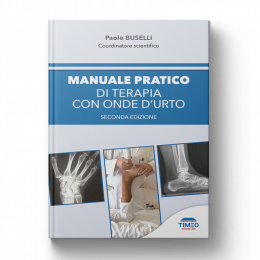Non ci sono recensioni
Anaesthesia can be daunting for the novice - not least because they often begin working singlehandedly within a few weeks. How to Survive in Anaesthesia is a pocket sized book written by 3 authors who have nearly 90 years experience of anaesthesia between them. It covers basic aspects of airway and fluid management and equipment, followed by common emergencies. Finally it tackles all the common surgical specialties step by step. It is always practical, ever contemporary, frequently amusing. It provides safe and practical advice to not only help novices survive those first few months - but to enjoy them too.
How to Survive in Anaesthesia was written to answer the questions that newly qualified anaesthetists need answers to but may be too embarrassed to ask. Through three editions its popularity has gathered momentum across the globe. Now the fourth edition has been revised and updated, responding to changes in practice and new requirements. New features for this edition include:
-
A new introduction on the theatre environment
- A new chapter on local anaesthetic toxicity
- The latest guidelines on intravenous fluids
- Updated information on airway procedures and equipment
Written in an easy, humorous style by leading anaesthetists who have over 90 years’ experience between them, this book is the junior anaesthetist’s gateway to sound authoritative advice on how to perform anaesthetics in real life. It will inspire confidence in any new doctor starting in the specialty.
List of boxes, ix
List of figures, xiii
List of tables, xiv
Preface to the fourth edition, xv
Preface to the third edition, xvi
Preface to the second edition, xvii
Preface to the first edition, xviii
Let’s start at the very beginning . . . , xix
Part I: Nuts and bolts, 1
Chapter 1: Evaluation of the airway, 3
Chapter 2: Control of the airway, 9
Chapter 3: Tracheal intubation, 15
Chapter 4: Failed intubation drill, 21
Chapter 5: Vascular access, 25
Chapter 6: Intravenous fluids, 29
Chapter 7: The anaesthetic machine, 33
Chapter 8: Anaesthetic breathing systems, 41
Chapter 9: Ventilators and other equipment, 47
Chapter 10: Monitoring in anaesthesia, 51
Part II: Crises and complications, 57
Chapter 11: Cardiac arrest, 59
Chapter 12: Haemorrhage and blood transfusion, 69
Chapter 13: Anaphylactic reactions, 77
Chapter 14: Malignant hyperthermia, 81
Chapter 15: Local anaesthetic toxicity, 87
Chapter 16: Stridor – upper airway obstruction, 93
Chapter 17: Pneumothorax, 99
Chapter 18: Common intraoperative problems, 103
Chapter 19: Postoperative problems, 111
Chapter 20: Anaesthetic mishaps, 121
Part III: Passing the gas, 125
Chapter 21: Preoperative evaluation, 127
Chapter 22: Recognition and management of the sick patient, 133
Chapter 23: Principles of emergency anaesthesia, 137
Chapter 24: Epidural and spinal anaesthesia, 145
Chapter 25: Anaesthesia for gynaecological surgery, 153
Chapter 26: Anaesthesia for urological surgery, 161
Chapter 27: Anaesthesia for abdominal surgery, 169
Chapter 28: Anaesthesia for dental and ENT surgery, 175
Chapter 29: Anaesthesia for orthopaedic surgery, 183
Chapter 30: Anaesthesia for day case surgery, 191
Chapter 31: Management of the patient in the recovery area, 195
Chapter 32: Postoperative analgesia, 201
Chapter 33: Management of head injuries, 207
Chapter 34: Anaesthesia in the corridor, 211
Chapter 35: Anaesthetic aphorisms, 217
And finally. . ., 221
Index, 223
Ultimi prodotti
